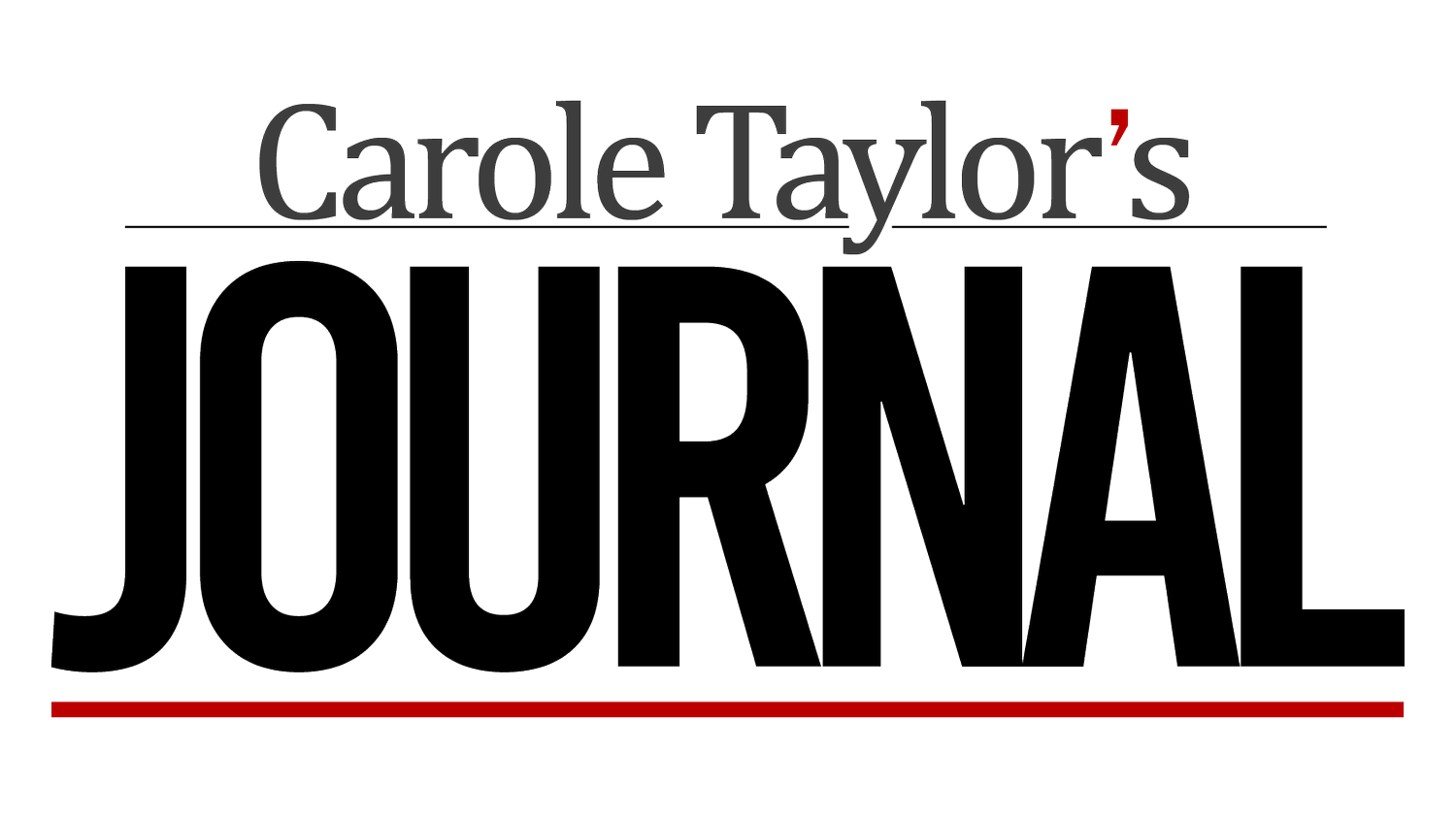The Numbers Are Bad
Guest: David Williams, Economist at Business Council of BC
In this edition of Journal, we try to lift the numbers off the page and talk about the actual challenges facing families in British Columbia.
Why is it that politicians here and in the US often say inflation is coming down, so all will be fine? Well, to start with, it is each year’s growth of inflation that is slowing. But each year’s numbers are added on top of the previous years’ jumps – it is cumulative.
That’s why economists say the cost of living went up approximately 20% in the last five years when you add up those five years of increases.
Wages, for the most part, have not risen at the same pace as inflation, so your paycheck just doesn’t go as far as it used to.
So what does that mean to an average family? Well, it may mean you buy hamburger rather than steak – very likely, restaurant visits are reduced and it could mean you have to visit the food bank at the end of the month.
It certainly means credit card defaults are up, which they are – 11%. And that is a very expensive way to borrow.
Baby formula up 47%; shelter up 29%; food up 27%.
Throughout this past BC election, people repeatedly said cost of living was their biggest worry and concern. Were the politicians listening? Did we get a calm, detailed analysis of how anyone intended to bring back fiscal discipline as a driving value?
After all, if families have to watch their pennies, why shouldn't the government?
Someone who has written extensively on this sticker shock is economist David Williams from the Business Council of BC.
Enjoy this episode via podcast or YouTube:




